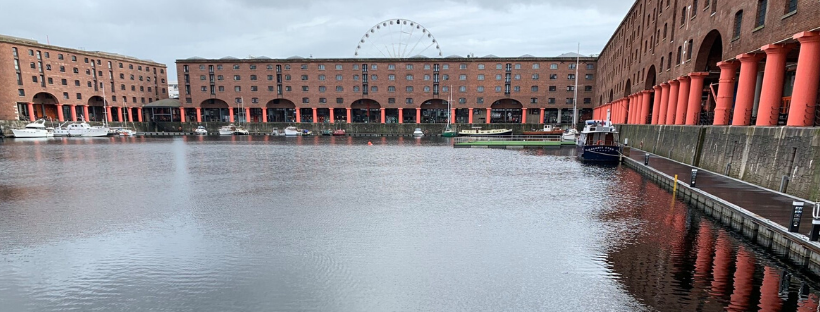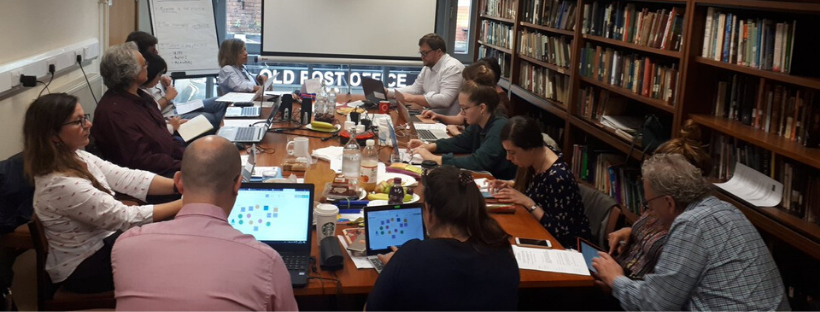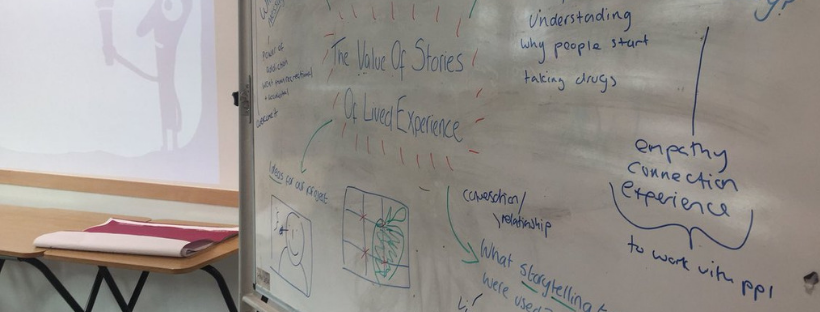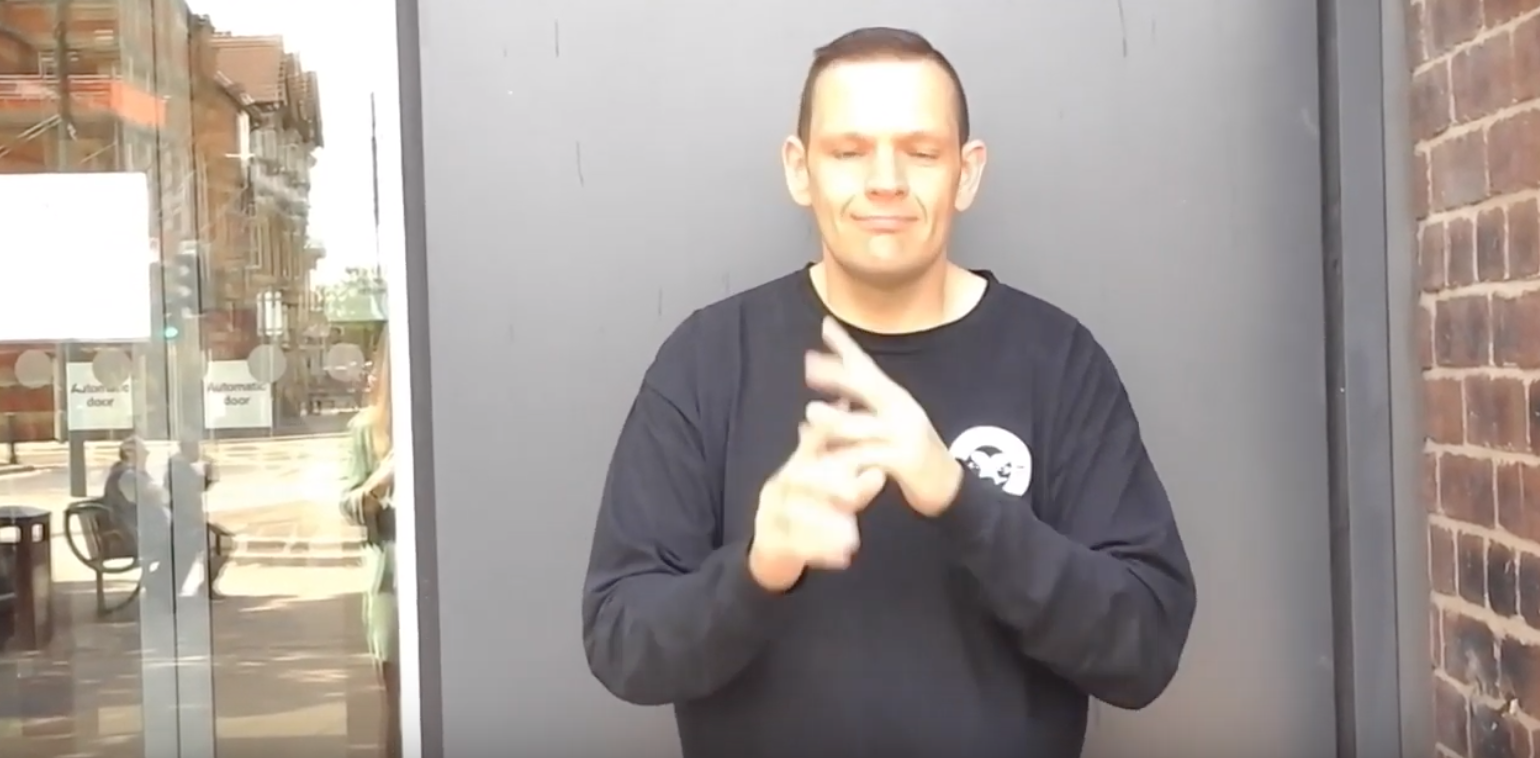OUR VISION & VALUES
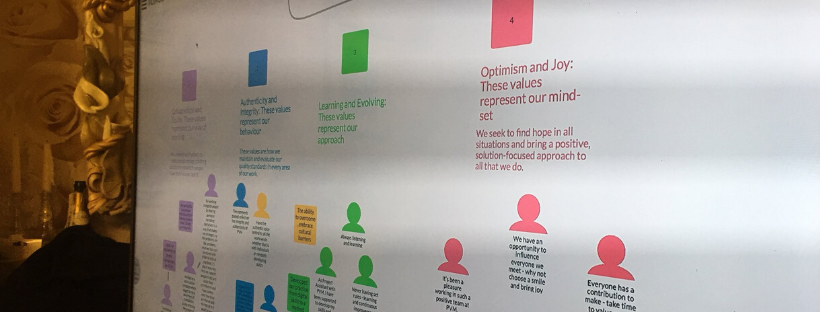
At People’s Voice Media, we have a specific vision and specific values – all of which we take seriously. However, we also appreciate that we should not stand still and that our vision and values need to evolve as we grow and change as an organisation.
That’s why, at our recent AGM, we had attendees (including board members, team members and Community Reporters) take part in an activity to look at our existing organisational values and identify ways in which we are currently embodying them and how they could be embedded our future work in more concrete ways. We used the collaborative tool Flinga to allow everyone to collaborate on this and come up with some fascinating ideas.
Our current values
So what are PVM’s current values?
- Collaboration & Equity: these values represent our way of working
- Authenticity & Integrity: these values represent our behaviour
- Learning & Evolving: these values represent our approach
- Optimism & Joy: these values represent out mindset
We asked attendees two questions about each of the values:
- How have you embodied this value?
- How can we better incorporate this value in future?
The answers, given via Flinga live during the meeting provide a fascinating insight of where PVM is now in terms of its values and where it will be heading in the future. We’ve listed some of them below.
Collaboration & Equity
How have you embodied this value?
- “We worked to give people who are seldom heard a voice to make change and influence.”
- “Changed perceptions of academic staff who were sceptical of how this work adds value to research.”
- “Trying to make the organisation’s structure and working practices more horizontal.”
How can we better incorporate this value in future?
- “Promote autonomy in all people involved in the organisation.”
- “Become more outward facing esp. in UK.”
- “Audit my stakeholder base to identify people and other orgs and their platforms.”
- “Keep doing what you have been doing.”
Authenticity & Integrity
How have you embodied this value?
- “By giving my time, by being able to show my vulnerability to others, by feeling able to fight against the offerings of the system/ the people that hold the power, becoming the expert.”
- “Calling out the elephant in the room / standing up for what we believe is integrity and the right way of treating people and partners.”
How can we better incorporate this value in future?
- “Keep to core principles – do not get blown off course [funding].”
- “Model kindness and ‘being human’.”
- “Update our policies and procedures and make them actual working documents not just box ticking.”
Learning & Evolving
How have you embodied this value?
- “Evaluation is at the heart of the tasks I’ve completed whilst working with PVM.”
- “Always listening and learning.”
- “Never having set rules – learning and continuous improvement.”
- “Developed our practice from digital skills to a method.”
How can we better incorporate this value in future?
- “Creating a working culture that without a fear of failure.”
- “Stay up to date with technology.”
- “Extending our practice into new sectors.”
- “Supporting to team to generate the innovations – not always leading from the front.”
- “Be more pirate.” (Not as odd as it sounds, this one’s all about professional rule-breaking and being a rebel with a cause.)
Optimism & Joy
How have you embodied this value?
- “It’s been a pleasure working in such a positive team at PVM.”
- “Always positive yet realistic.”
- “Bringing a smile and looking for the solutions.”
How can we better incorporate this value in future?
- “Celebrating the small wins more – not always an end goal.”
- “Be optimistic about the future of the organisation.”
- Optimism and Joy are incredibly important values to have especially currently in this world of so much uncertainty and barriers. Optimism and joy will help to navigate the rocky roads of the future.”
So what’s next for our values?
As you can see, while we do currently embody our values, there is more to be done on making them a more concrete part of the work that we do. Our policies and procedures are going to be worked on so they become actual working documents, as mentioned above, and we’re looking into partnerships with other organisations that will help us in bringing our core values to life.
Watch this space as we continue to grow, develop and evolve.
